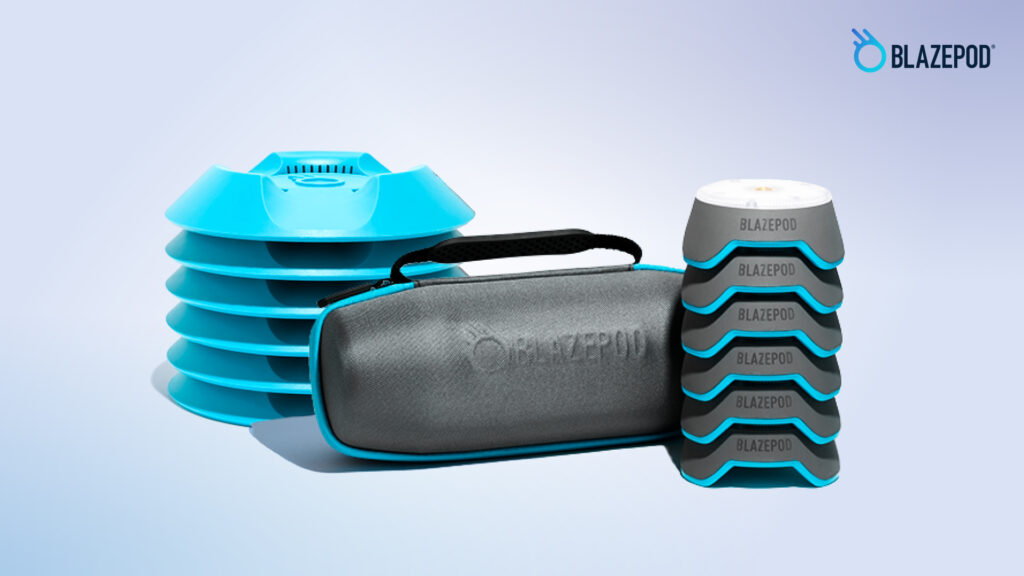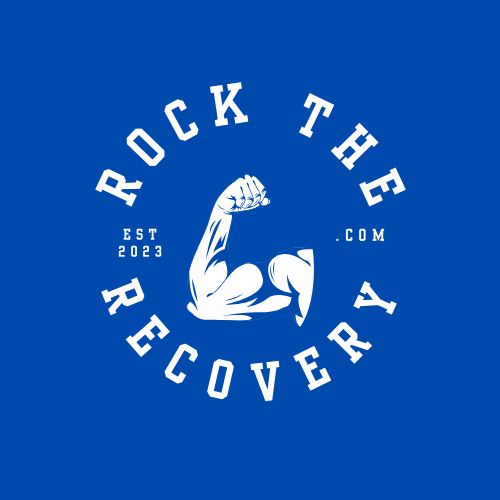Every day we get a day older, and (sometimes) wiser. There’s no avoiding this. After spending a majority of my career working with a geriatric population, I’ve begun to see patterns. As Physical Therapists, we often see generally healthy 96-year-olds who are living alone independently. On the contrary I’ve worked with many fifty somethings who have medical/health histories a mile long and require assistance to stand at baseline. Some discuss this as the term biologic age versus chronologic age. Now, obviously there are factors that sit outside of our control. Certain medical diagnosis, catastrophic accidents, genetic markers, to name a few, are going to affect the quality in which you age. But the decisions that you are making now do affect the quality of your years in the future.
Today we will talk about what those are and how to make changes in your life.
As humans we appreciate instant gratification or reward. So, it makes sense that as a species we struggle with the idea that what decisions we make today will ultimately affect our senior years in a big way. It doesn’t help that social norms are established making these possibly poor choices the norm. In recent decades national and worldwide health organizations have attempted to warn against some of these behaviors, but it is slow progress and having limited effect. During my15 years of therapy experience and meeting thousands of patients I have come to the obvious conclusion that what the health organizations are warning against is REAL. The daily choices you make now, will ultimately have a big impact on what road you take in the future. One can assume you do not have plans to be in a nursing home in your fifties.

Where Do These Decisions Start?
First of all, it’s not too late for you to make big changes for yourself. However, your health habits foundations started forming a long time ago. Who we are starts by who we were raised by. Did you grow up watching your dad drink a 6-pack and light up a cigar after dinner? Did you order dessert when you went out to eat 3-4 times per week? Conversely, was your mom a marathon runner and a health-nut? These behaviors become foundational norms for you as you grow older, and they can be a huge struggle to pull out of whether negative or positive.

Sociologic Norms
In the United States (likely driven by food and entertainment companies) many of these poor decisions have become the norm for everyone. We didn’t even have to worry about video games or wasting away time on social media when we were kids. For instance, over 20 years ago and possibly when some of your foundations were being set, $7 billion was spent on advertising by the food industry with a large portion of this going toward prepackaged processed foods (usda.gov). We are a society of on-the-go, rush-out-the-door families. This doesn’t always harbor good habits. And if you see all the other parents giving prepackaged items then it becomes ‘normal’.
This is the same country where in 1965 almost half of adults smoked cigarettes daily. In 1975, one quarter of these smokers were still having more than two dozen cigarettes a day (American Lung Association: www.lung.org). The point being we can’t always expect our government, peers, schools, the random website, or even our own parents to tell us what is right or healthy.
It won’t be an easy process, but attempting to grow out of some of these bad habits you’ve learned over the years is possible. It takes time and commitment but, trust me when I say, it beats the alternative. Many life-changing diagnoses are possibly avoidable by making these changes. Some of the most common are diabetes, COPD/emphysema, stroke, cirrhosis, and heart attacks, and even less obvious diagnoses that we will discuss in Part 2 of this series.
Your “Health Score”
Health literacy is a term describing one’s ability to gather, understand medical/health information provided. Your health score is how well you are doing at acting on this information. We make health decisions every day, and more and more our healthcare system is attempting to set you on the right path. This can be deciding to take your MD’s advice on medications or follow up appointments. What we eat or put into our bodies – be it drugs, smoking, or supplements. Exercise, and activity, and of course your own mental and psychological wellness.

Research has shown time and time again that the average person overestimates their ‘health score’. There are many options online that can give you a solid idea of where you are currently. However, these quizzes are limited by how honest you are with your answers. A solid diet-focused quiz can be found on: Mayo Clinic’s website. My point: there is a huge gap between 1) where most people self-score themselves to reality and 2) where the general American thinks they should be versus where we REALLY should be. Take the quiz and be honest with yourself.
Diet changes are one of the easiest ways to make amazing changes to your general health. As Nursing Home healthcare practitioners, it is our responsibility to educate our patients on many aspects including diet. So, it can be challenging when you hear that a resident wants soda at every meal because they “don’t like the taste of water.” Or when they say: “I’ve never really liked veggies, so I don’t eat them.” As adults we make important decisions all the time. These decisions have likely had mighty and very unfortunate effects on their lives.
Diet Tips:
(Discuss with your physician before following this advice)
- Eliminate Soda. It is an addictive substance, so it will be hard at first but after a week you won’t miss it.
- Find a healthier option for your coffee additions. For instance, nonfat milk compared to three sugars and three creamers.
- If you don’t like veggies, consider hiding them into your meals, or into a smoothy, #adulting.
- Give yourself a challenge to eat every color of the rainbow every day. Here is my smoothie recipe that hits on the whole rainbow:
- Red: Strawberries
- Orange: Carrots
- Yellow: Mango, pineapple, banana
- Green: Leafy greens
- Blue: Blueberries
- Purple: Beets
I then add Kefir, Walnuts and Pumpkins Seeds. I save time by buying much of the above frozen. Enjoy 🙂
- Find a whole grain bread with 4-5 grams of fiber. Buy alternatives to regular pasta, like whole grain or other varieties.
- Eliminate processed meats like cold-cuts, hot dogs, bacon. Just because it is yummy, and it exists doesn’t mean that you should eat it…
- Consider tracking how many times you eat red meat in a week. From there, consider other alternatives like fish, turkey, beans/lentils or tofu as your protein.
- Look at the relationship you have with your food. Emotional eating and eating while watching television are typically not in your best interest.
- Avoid some of the ridiculous diet trends you see on Tik-Tok. Also understand that most people are not controlled enough to eliminate junk food and desserts completely. Try to do so sparingly but don’t completely eliminate and live your life.
- However many times you are dining out in a week, cut it in half or more.



